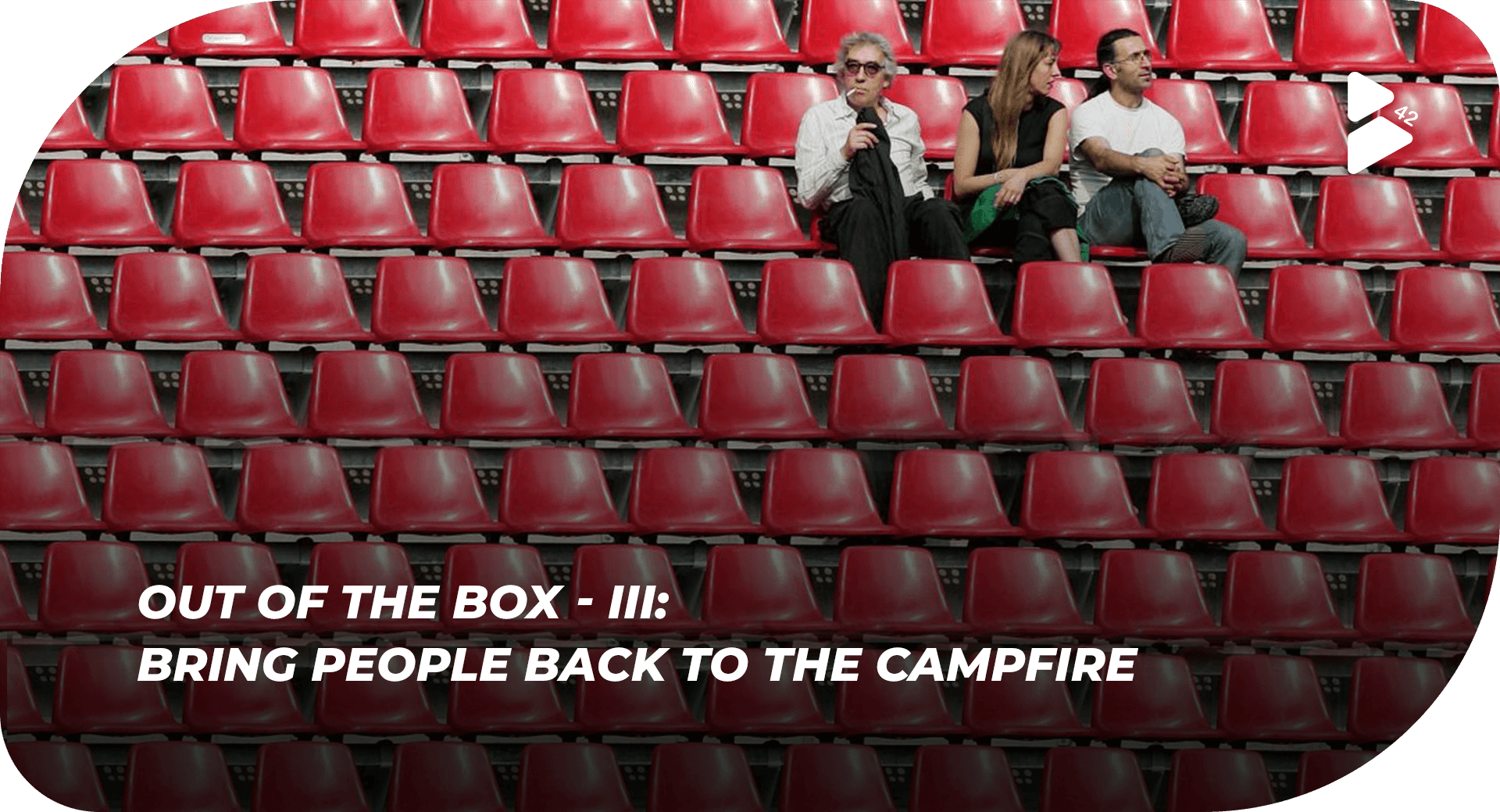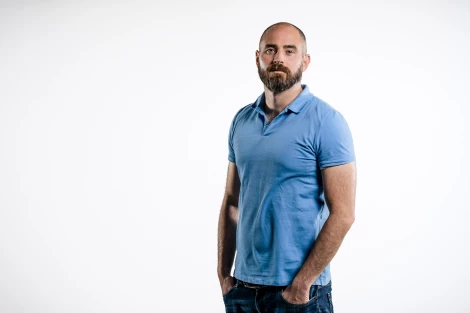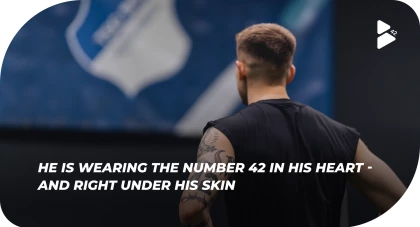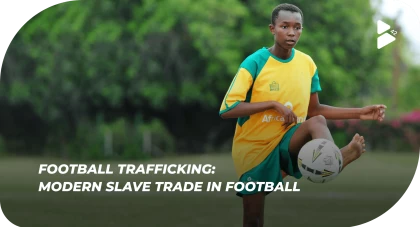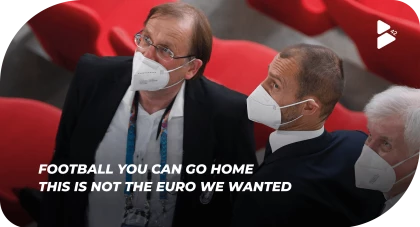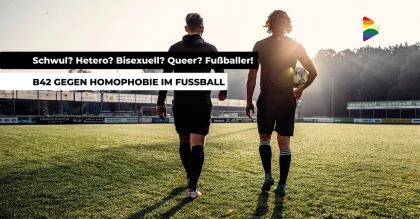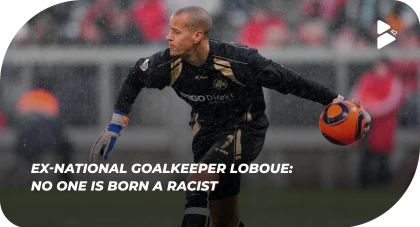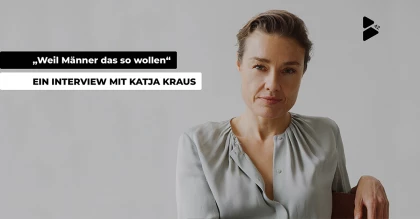Football is still for present-day Germany what the campfire was in early tribal societies: people come together in front of the screen or on the football pitch to watch or play football together, exchanging ideas and developing a sense of belonging. Some "stories" listened to around the football campfire burn deeply into the memory - most people in Germany can immediately and clearly recall the images of Mario Götze's game winning goal at the 2014 World Cup.
But while these images and the accompanying commentary ("Make it! ...") could only be followed on ARD back then, the 2022 Winter World Cup in Qatar will also be broadcast on pay TV in competition with the public broadcasters: Magenta TV will show all 64 matches of the tournament live, 16 of them even exclusively. Accordingly, people in Germany will perhaps associate two different commentaries with a possible World Cup winning goal by the national team.
This is one example of the commercialization of football, which is making it increasingly difficult for football to fulfill its campfire function. The "Super League", which has failed for the time being, should also be mentioned in this context, as it would complete the transformation of football clubs into "global brands" and away from regional objects of identification.


